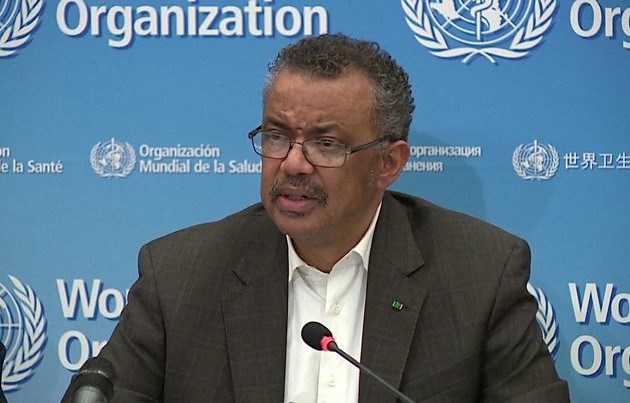The Covid-related mortality figures during the crisis are known. How many more will pass away in non-noncommunicable diseases because they did not receive treatment in time is not known.
The pandemic has forced countries to make difficult choices about suspending some health services, WHO reported on Monday (1 June).
WHO Director-General Dr Tedros Adhanom Ghebreyesus said at his regular virtual press conference that one of the areas in which health services have been particularly affected is in care for people with noncommunicable diseases (NCD) including diabetes, cancer, cardiovascular disease or a chronic respiratory disease.
“We already know that people living with NCDs are more vulnerable to becoming severely ill or dying from COVID-19. At the same time, many people living with noncommunicable diseases are no longer able to access the medicines that they need.”
WHO has conducted a rapid assessment of service delivery for NCDs during the COVID-19 pandemic with 155 countries submitting data.
The results released show that more than half of the countries surveyed have partially or completely disrupted services for treatment of hypertension; half for treatment of diabetes and related complications; and 42% for cancer treatment, and 31% for cardiovascular emergencies. Rehabilitation services have been disrupted in almost two-thirds of countries.
“The COVID-19 response must therefore be inclusive of the health-care needs of people living with noncommunicable diseases,” he concluded. It will be a challenge for those countries where the health care systems were underfunded with long waiting times for crucial operations before the outbreak of the virus.
The WHO Director-General said that ensuring coordination and development of new ways to deliver care while limiting visits to health facilities is key to keeping people safe and ensuring health systems are not overburdened. “This means using digital technologies to deliver some routine services remotely, and expanding the amount of medications delivered to the home.”
WHO is also concerned about the inappropriate use of antibiotics during the COVID-19 pandemic. “As we gather more evidence, we see more clearly and more worryingly how fast we are losing critically important antimicrobial medicines all over the world,” Dr Tedros said.
“These data underscore the importance both of protecting the antimicrobials we have and developing new ones, to effectively treat infections, preserve health gains made in the last century and ensure a secure future.” Evidence shows that only small proportion of COVID-19 patients need antibiotics to treat subsequent bacterial infections.
The Brussels Times

